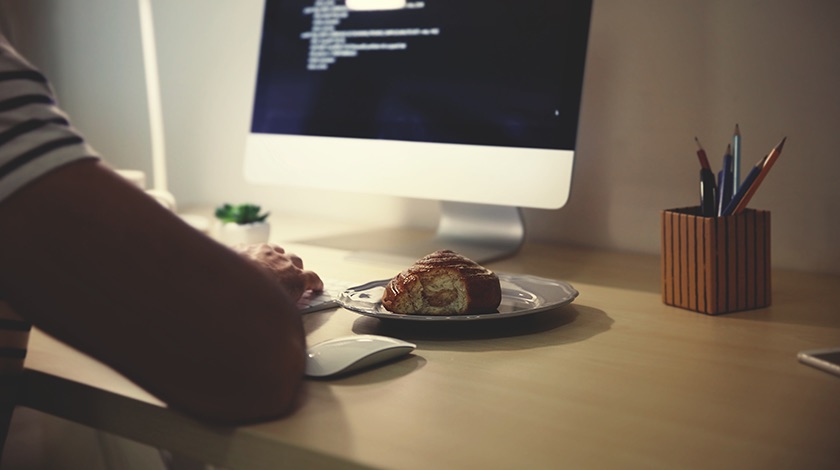In today’s world, we’ve been brought up to expect round-the-clock services. In industrialized countries, up to 30% of the workforce work outside normal daytime hours.1 While we may relish the convenience of being able to grab some late night dim-sum after painting the town red in our favorite nightclub, or appreciate night buses that get us safely home no matter how late the hour, this “24-hour culture” can have drastic effects on our health. Here are a few examples.
Lack of Sleep
Where motor accidents are concerned, sleepiness has been implicated as a more common cause of accidents than even alcohol or drug consumption! It’s no coincidence that the majority of car accidents happen between 2 and 6 a.m. – this is the time when our bodies ramp up release of melatonin, a hormone which triggers sleepiness.
Even if your job doesn’t involve shift work, workdays that regularly drag into the wee hours of the morning can have adverse effects on your sleep. A single sleepless night can dramatically lower your critical thinking and problem solving skills and make even the most basic motor functions a challenge.
Here are two tips for coping with long hours and night shifts:
- Consume caffeine — Caffeine is a stimulant that increases alertness and focus and helps keep you awake. To get the most out of your caffeine, take a short 15-minute nap just after you consume it. You then get the combined effect of a short refreshing sleep with the caffeine starting to work as you wake up.
- Sleep whenever you can — For night-shift workers, invest in blackout curtains and earplugs. And for those who are working long hours, try taking power naps during the day. Although an unbroken 8-hour rest is optimal for good health, some rest is always better than none at all.
Nighttime Snacking
When we are sleeping, we are completely sedentary, and so burn very few calories. If we have a heavy meal before we sleep, those calories are going to go straight to your waistline by the time you wake up. What’s more, if your supper consists of high-sugar or high-carbohydrate foods, you’ll end up with plenty of glucose swimming around in your bloodstream while you slumber. Repeat this for months on end, and your diabetes risk might go through the roof.
Here are some tips for managing your nighttime meals:
- Choosing the right food — Try to snack on light low-fat, low-calorie foods, such as yoghurt, sugarless cereal or granola and eggs or lean meat.
- Eat multiple small meals in the evening — Stick to a light dinner rich in protein and fiber and low in carbohydrates, so that you can have a more substantial meal without exceeding your recommended daily calorie intake.
- Avoid sugar — Refined sugar gives you a burst of energy, and that’s the last thing you need when you’re tossing and turning, trying to fall asleep!
While we may enjoy the perks of living in a society that never sleeps, we need to be aware of the many health risks posed by this 24-hour culture. Learning to manage our working hours, sleep patterns and nighttime eating habits, in particular, can go a long way towards improving our overall health.
Resources
- Boivin DB et al. Working on atypical schedules. Sleep Medicine. 2007; 8: 578-589.
© Cigna Healthcare 2023
Information provided in this article is intended for health and fitness purposes only and is not intended for use in the diagnosis of disease or other conditions, or in the cure, mitigation, treatment or prevention of disease (see Terms & Conditions for details). Any health-related information found in this article is available only for your interest and should not be treated as medical advice. Users should seek any medical advice from a physician, especially before self-diagnosing any ailment or embarking on any new lifestyle or exercise regime. Any information contained in this article may not be suitable, accurate, complete or reliable. Cigna Healthcare accepts no responsibility for the content or accuracy of information contained on external websites or resources, or for the security and safety of using them. "Cigna Healthcare" and the "Tree of Life" logo are registered trademarks of Cigna Intellectual Property, Inc. in the United States and elsewhere, licensed for use. All products and services are provided by or through operating subsidiaries, and not by The Cigna Group.





